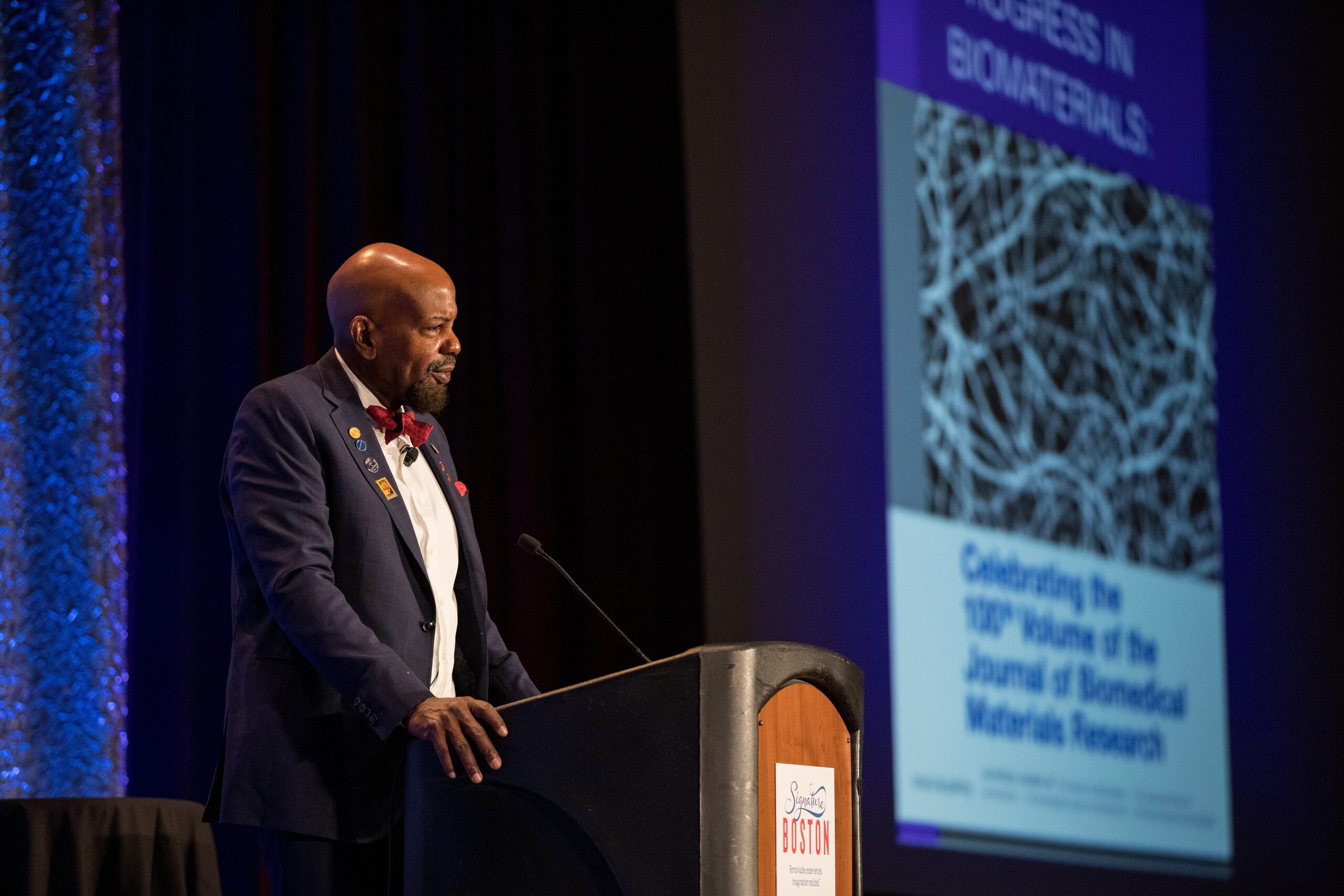By Keem Abdul
A significant milestone was reached in the history of Nigeria when the Honorable Justice Kudirat Motonmori Olatokunbo Kekere-Ekun, CFR assumed the role of acting Chief Justice. The swearing-in ceremony, held in Abuja and presided over by President Bola Ahmed Tinubu, marked the second time a female jurist has taken the helm of Nigeria’s apex court, following the historic appointment of Hon. Justice Alooma Mariam Mukhtar in 2012.
If confirmed by the Nigerian Senate (to whom the President has sent her name for official confirmation), Kekere-Ekun will become the 23rd Chief Justice of Nigeria, joining a long line of esteemed jurists who have reached the pinnacle of Nigeria’s judicial hierarchy. Previous Chief Justices, dating back to colonial times, included five British nationals and seventeen Nigerian jurists. The appointment of Kekere-Ekun brings hope and anticipation for the future of Nigeria’s judicial system.
Assuming the role of acting Chief Justice automatically bestows upon Kekere-Ekun the Chairmanship of the National Judicial Council (NJC). Her appointment comes at a time when the Supreme Court of Nigeria is grappling with a tarnished reputation, particularly due to controversial rulings, especially regarding electoral and political matters. The recent indictment of an eminent jurist and retired Justice of the Supreme Court further adds to the ongoing credibility crisis faced by the Court.
The Supreme Court of any democratic nation serves as a critical institution that goes beyond being just a court of law. It also acts as a policy-making body with the potential to shape and influence the society it serves. The Nigerian Supreme Court is no exception in this regard. However, the current structure of the Court poses several challenges.
Firstly, Justices of the Nigerian Supreme Court have an arduous workload, making them arguably the most overworked judicial officers in the world. This excessive workload has contributed to a high mortality rate among Supreme Court Justices in recent years. The Court handles all types of appeals, including frivolous cases that should ideally not be within its jurisdiction. This wide-ranging appellate jurisdiction, particularly in electoral matters, places an enormous responsibility on the shoulders of the Justices. Former Chief Justice Ariwoola recognized this challenge and advocated for measures to alleviate the burden on the Supreme Court.
Secondly, the duration of cases before the Court is often frustratingly long, leading to delays in delivering justice. As the saying goes, justice delayed is justice denied. This perception has led to calls for either the appointment of more Justices in appellate Courts, including the Supreme Court, or the decentralization of its role by establishing state-level or zonal Supreme Courts with final ruling authority.
Thirdly, the remuneration of Judges and Justices in Nigeria is widely criticized, contributing to instances of corruption and the compromise of judicial officers. Many observers argue that the inadequate remuneration is a major factor influencing the acceptance of bribes to influence judgments.
Given these challenges, Justice Kekere-Ekun faces a formidable task in restoring the image and reputation of the Court during her tenure. As the acting Chief Justice, she will be closely scrutinized and subjected to intense scrutiny. It is incumbent upon her to demonstrate moral courage and work towards improving the Court’s credibility. With her background and historic appointment, many view her as a catalyst for promoting gender equality in the judiciary and a driving force behind crucial legal reforms that aim to strengthen the independence and integrity of Nigeria’s judicial system.
Justice Kekere-Ekun is highly qualified for this mandate. Born on May 7, 1958, in London, UK, she hails from a distinguished family. Her father, Senator Hassan Adisa Fasinro, OFR, is a lawyer and author who previously represented Lagos State in the national assembly, while her mother is a retired UK-trained Public Health Nurse from the Lagos State civil service. Kekere-Ekun attended Queens College, Lagos, before pursuing a Law degree at the University of Lagos. She was admitted to the Nigerian Bar in 1981. Additionally, she holds a master’s degree in Law from the London School of Economics and Political Science (LSE). As a member of numerous professional associations, she is a Life Bencher and Fellow of the Nigerian Institute of Advanced Legal Studies. Kekere-Ekun has been married since 1983 to Mr. Akin Kekere-Ekun, OFR, a former bank MD, and they have three children.
After a brief period in private practice, Kekere-Ekun joined the Bench and was appointed as a Senior Magistrate Grade II by the Lagos State Judiciary in 1989. In 1996, she became a Judge of the High Court of Lagos State. Her career progressed when she was elevated to the Court of Appeal in 2004, serving in five Judicial Divisions across the country. She became a Justice of the Supreme Court in July 2013, making her the fifth female Justice in the history of the Court.
Throughout her career at the Supreme Court, Justice Kekere-Ekun has delivered significant judgments, including the controversial ruling that removed Emeka Ihedioha and affirmed Hope Uzodinma as Governor of Imo State.
As Nigeria celebrates its second-ever female Chief Justice, it is crucial to recognize that justice extends beyond the enactment of laws, reporting of crimes, or prosecution of court cases. It is about ensuring justice outcomes for ordinary citizens. If Justice Kudirat Kekere-Ekun embodies this principle and the optimism surrounding her appointment, the Supreme Court has the potential to regain its lost credibility and set the stage for a brighter future for the Nigerian judiciary.
- Keem Abdul, a publisher and writer from Lagos. He can be reached via +2348038795377 or Akeemabdul2023@gmail.com
Discover more from Tension News
Subscribe to get the latest posts sent to your email.

